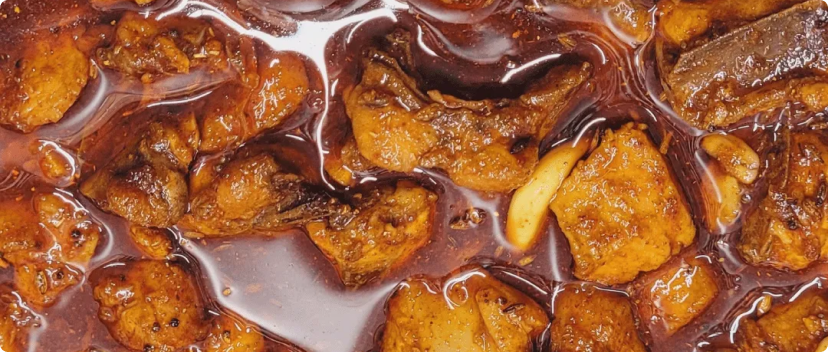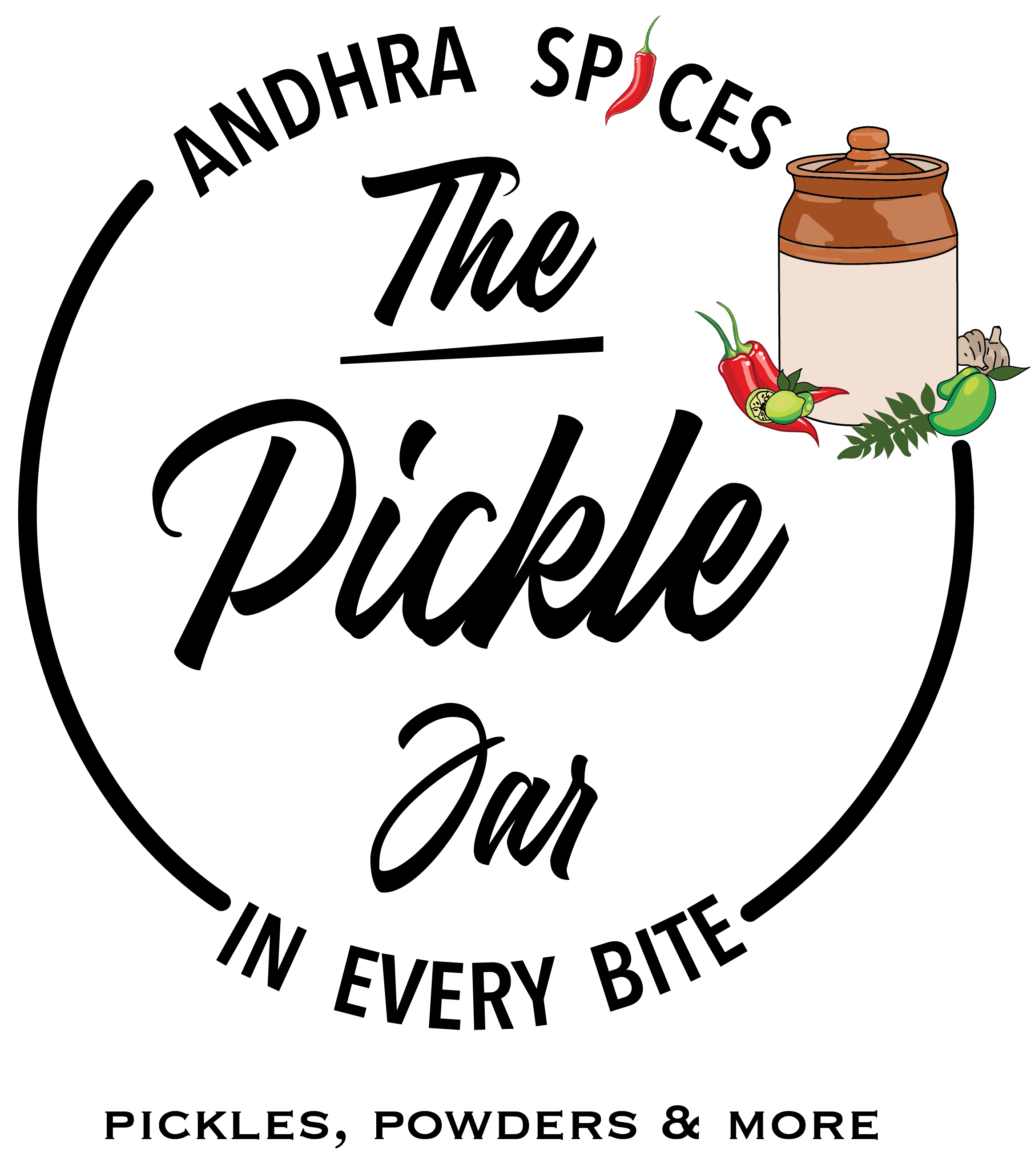
Taste Of Tradition: Exploring The Richness Of Indian Pickles
Introducing Indian pickles unveils a rich basket of flavors, traditions, and culinary heritage deeply woven into the fabric of Indian cuisine. Known locally as achaar or achar, Indian pickles stand



